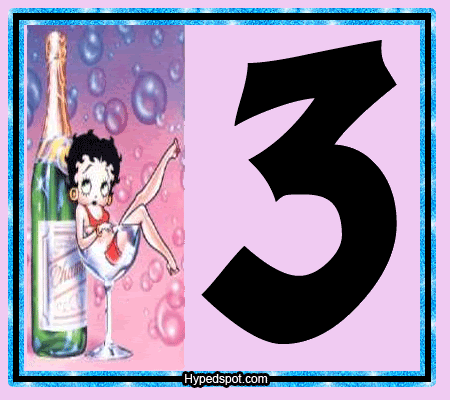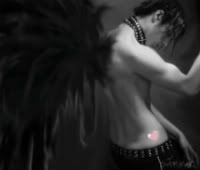Michigan Girl wrote:JSS Rocks! wrote:"Although any period of ten years is a decade, a convenient and frequently referenced interval is based on the tens digit of the calendar year, as in using 1960s to represent the decade from 1960 to 1969. Often, for brevity, only the tens part is mentioned (60s or sixties), although this may leave it uncertain which century is meant. These references are frequently used to encapsulate pop culture or other widespread phenomena that dominated such a decade, as in The Great Depression of the 1930s.
Some writers like to point out that since the common calendar starts from the year 1, its first full decade contained the years from 1 to 10, the second decade from 11 to 20, and so on. The interval from the year 2001 to 2010 could thus be called the 201st decade, using ordinal numbers. However, contrary to practices in referencing centuries, ordinal references to decades are quite uncommon."
This is true, but for people that count 1..2..3, it's confusing at times!!!

Jesus. I thought I was done listening to (well, ok... reading) the nitpicking about this after all the 2000 vs. 2001 millennium shit.
If there's one thing I can't stand (and no offense intended, my lovelies... but this happens to be a pet peeve of mine...) is when people just HAVE to jump in and go "
technically, it isn't a new century until OH-ONE" or "
technically it isn't a new decade until TWENTY ELEVEN".

The fact is, we
know that. But we all group them differently when referring back to them anyway so what is the big deal if we group them that way when referring to the future? So,
technically 
1980 would still be part of the 70s, but
no one says that...
"I was born in the 70s.
"Really? What year?"
"1980"
You'd call that person a retardicus maximus for saying a think like that, even though "
technically" they'd be right. 98% of the planet refers to decades this way and most of us know it starts with the 1, but you always get the Smarty McFarty who has to pop up and go "um,
technically..."
If it works in past referece, then it works in present and future reference too. Next Friday begins a new decade (maybe not *AHEM* "
techically", but for general purposes, yes).













